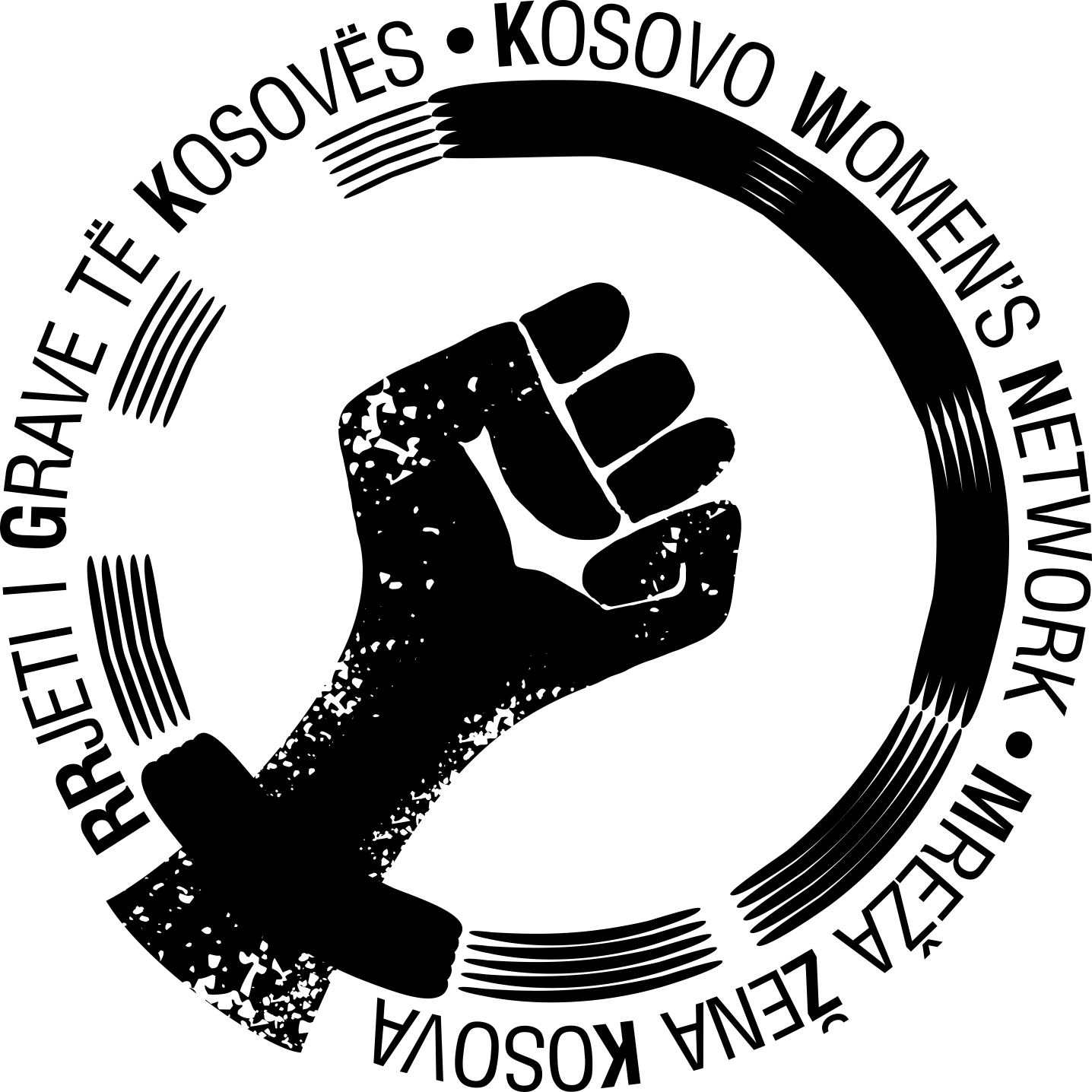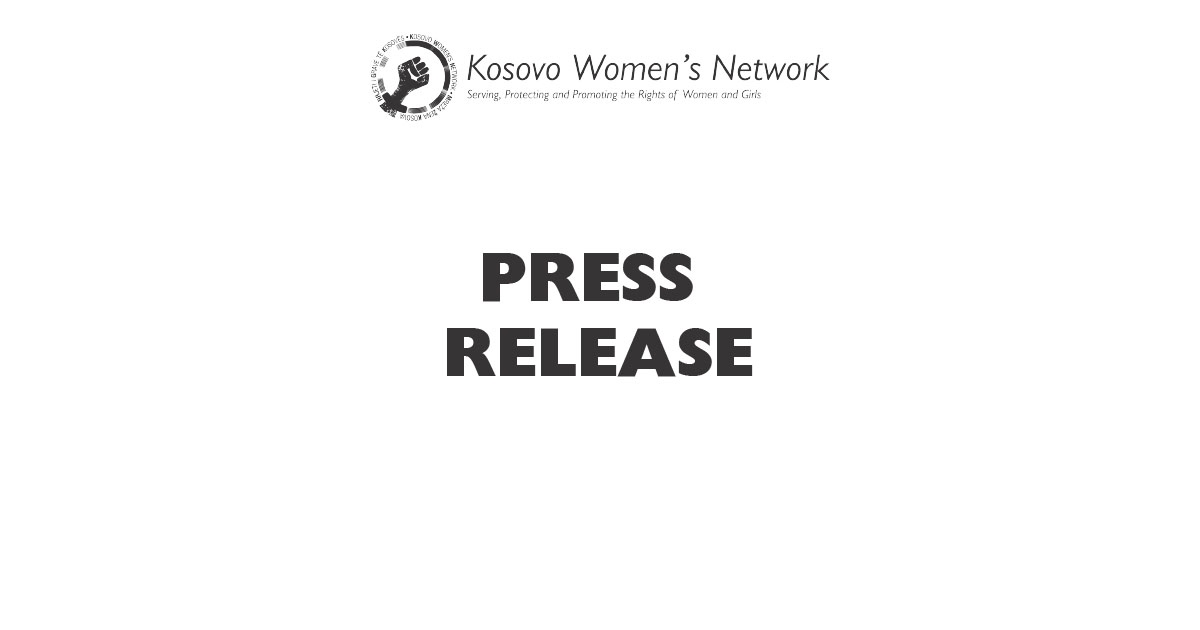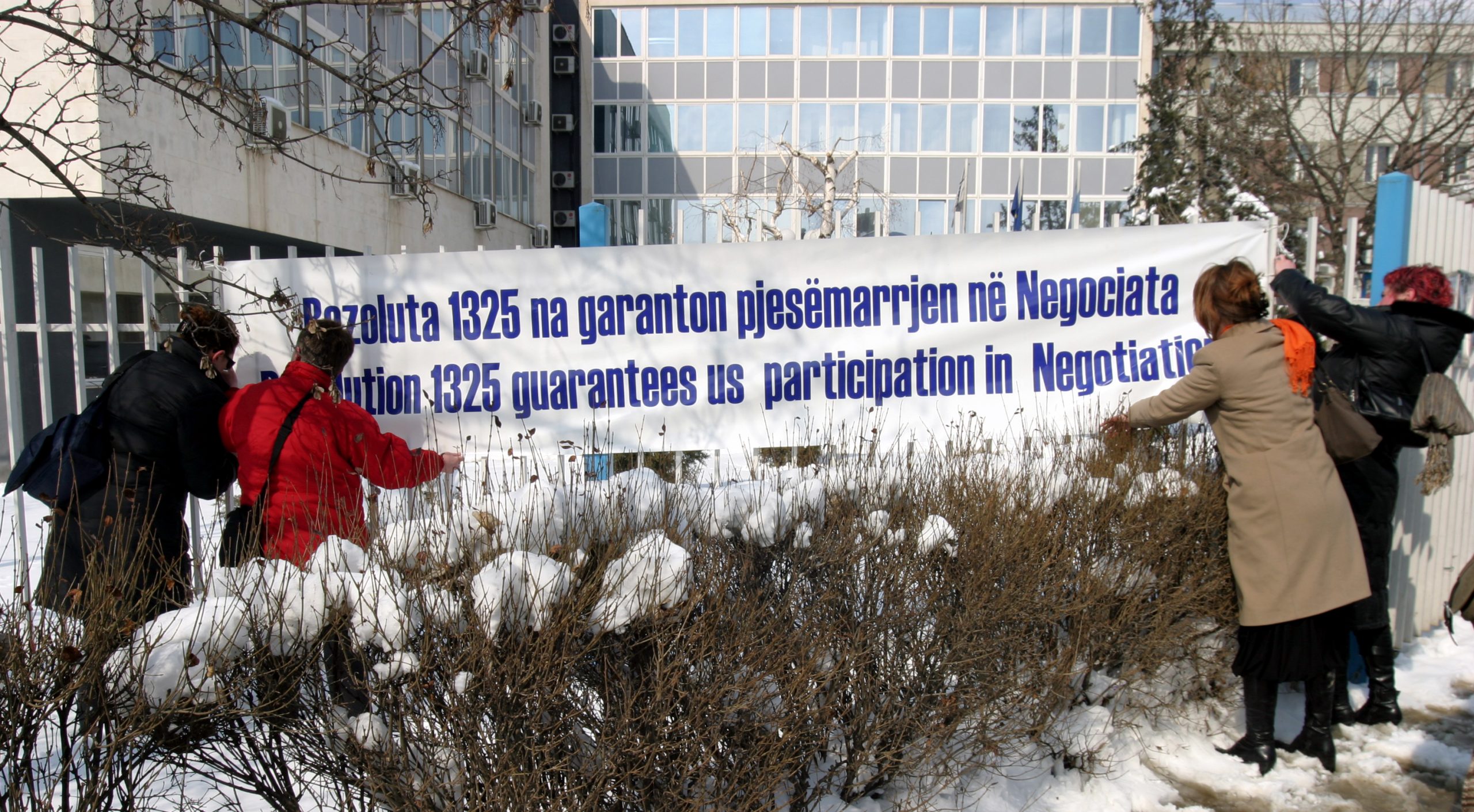Dear deputies,
We are writing to you in regards to the draft Labor Law, currently in the parliament.
Kosovo Women’s Network considers that the current format of this draft Law, except all ways of regulating parental, leave, maternal leave and paternal leave, it also does not specify in any way discrimination in the employment context. This Draft-law as such leaves women in the labor market unprotected and has a significant absence of a gender perspective between women and men, specifically in the employment context.
Driven by this preoccupation and hoping that we can count on your collaboration, we ask you to take into account our recommendations listed below into amending the Labor Law in such a way, that it clarifies the dispositions regarding labor discrimination. Hence, cases of this sort will be able to be resolved based on the Labor law, apart from cases related to the Law nr. Nr. 05/L -021 on protection from discrimination.
Proposal
Consider establishing a more logical division of the legal framework, towards addressing the presently inharmonious legal framework’s overlapping and differing definitions and sanctions, which, at present, may contribute to confusion and legal uncertainty.
Consider amending the LL to specifically address discrimination in the employment context and the LPD to address discrimination in the non-employment context. This can be done by adding a paragraph such as the following:
Article xx , Types of Unequal treatment at work
- Types of unequal treatment of employees/employee candidates are:
- Direct discrimination – shall be taken to have occurred where one employee or employee candidate is treated less favorably than another is, has been or would be treated in a comparable situation based on one or more grounds such as those stated in Article 1 of the Law on Protection against Discrimination;
- Indirect discrimination – is considered when a provision, criterion or impartial practice in appearance, has or will put the employee or employee candidate in an unequal position compared with others, according to one or more of the grounds set out in Article 1 of the Law on Protection against Discrimination, unless the provision, criterion or practice can be objectively justified by a legitimate purpose and the means of achieving that purpose are appropriate and necessary;
- Harassment – shall be deemed to be discrimination, when an unwanted conduct (including but not limited to unwanted conduct of sexual and/or psychological nature), which has the purpose or effect of violating the dignity of the employee or employee candidate, and of creating an intimidating, hostile, degrading, humiliating or offensive environment based on the grounds set out in Article 1 of the Law on Protection against Discrimination;
- Incitement to discrimination – shall be prohibited when it amounts to promoting hatred towards the employee or employee candidate, based on one or more of the protected grounds listed in Article of the Law on Protection against Discrimination, and when done intentionally;
On article 5, On prohibiting all types of discrimination, to add a new paragraph that specifies the following:
- Direct or indirect discrimination of men and women is prohibited during employment, promotion and capacity building, if that job may be performed adequately by
Justification
Addressing protection from discrimination specifically in the employment context, by mentioning, among others, types of discrimination such as harassment, sexual harassment, and incitement for discrimination; To differentiate direct discrimination from indirect discrimination and to add other listed justifications on discrimination.
The discrimination provisions of the LL can be described as minimalistic. These deficiencies are somewhat alleviated by Article 5.5, which provides that the Law Against Discrimination No. 2004/3 (now replaced by the Law on Protection from Discrimination No. 05/L-021) is directly applicable within employment relationships (dealt with separately below). However, more developed and detailed protection from discrimination specifically set out in the LL for the employment context would be preferable to this cross-reference. The only way direct and indirect discrimination is mentioned in the LL is against persons with disabilities.
The law does not address other necessary dispositions on causes of unequal treatment. Therefore, it is necessary to address and regulate protection from discrimination in the labor context.
We look forward to your good will and understanding, Sincerely,
Kosovo Women’s Network
Kosovo Women’s Network (KWN) is a network of more than 143 women organizations of all ethnic groups in Kosovo, advocating on behalf of Kosovar women at the national level, regional and international. KWN’s mission is focused on economic empowerment of women and in increasing their role in decision making.letter_Labour law_Reccomandations reagrding the Discrimination-converted





